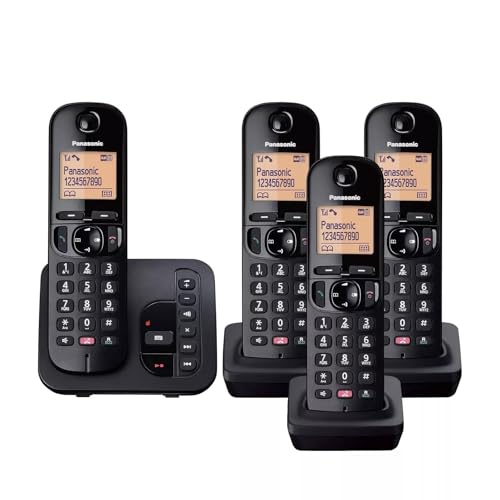Understanding Phone Systems: A Complete Overview
What is a Phone System?
When we talk about phone systems, we mean the technology that connects calls, whether they’re made within your home or to the other side of the world. A phone system typically includes hardware like telephones and related devices, as well as software that helps manage calls, voicemails, and often integrates with the internet for added features. Essentially, it’s not just about making and receiving calls; it’s about the entire experience of communication.
Why Phone Systems Matter
In today’s fast-paced world, effective communication is crucial, whether for a business or personal use. A reliable phone system can enhance collaboration in workplaces, streamline communication channels, and contribute to overall productivity. For households, it ensures that important calls are always connected, making it vital for emergency situations or staying in touch with family and friends.
Key Features to Consider in a Phone System
Call Quality and Reliability
One of the primary considerations for any phone system is the quality of the calls. We should look for a system that is known for clear audio and a stable connection. This can significantly influence our conversations and ensure that we don’t miss critical information due to poor audio.
User Interface and Ease of Use
A phone system should be easy to navigate, even for those who aren’t tech-savvy. Features like a clear display, intuitive menus, and quick access to the most-used functions can greatly enhance our experience. If we find the system cumbersome or complicated, it can lead to frustration and decreased efficiency.
Advanced Features
We’ll also want to consider additional functionalities that modern phone systems often provide. Features such as call forwarding, voicemail transcription, conference calling, and integration with other applications (like email or calendar programs) can help us manage our communications more effectively. The more tailored the system is to our specific needs, the better communication will flow.
Types of Phone Systems: Which One is Right for Us?
Traditional Landline Systems
Traditional landline phones are still popular in many households and businesses mainly due to their reliability. They don’t rely on internet connectivity, so we can expect them to work even during power outages or internet disruptions. However, they lack the advanced features of modern alternatives.
VoIP Phone Systems
Voice over Internet Protocol (VoIP) systems have gained traction due to their flexibility and cost-effectiveness. They convert voice into digital signals, allowing us to make calls over the internet. This can offer greater functionality, such as video conferencing and easier integration with other digital communication tools, making them suitable for both personal and business environments.
Mobile Phone Systems
Mobile phones are essential for communication today. They not only allow us to make calls from nearly anywhere but also come equipped with a wide array of applications that facilitate better communication. Depending on our lifestyle, mobile systems might provide the most convenient and portable solution.
How to Choose the Best Phone System for Your Needs
Assessing Our Requirements
The first step in choosing a phone system is to evaluate our specific needs. If we frequently work from home or communicate with international clients, a VoIP system might be more beneficial. Conversely, a household that only requires basic calling may find a traditional landline sufficient.
Budget Considerations
It’s important to set a budget before diving into the selection process. We’ll want to take into account not only the initial costs of purchasing the phones and any necessary equipment but also ongoing costs such as monthly service fees and maintenance.
Scalability and Future Needs
We should also consider whether we might need to expand the system in the future. Some phone systems can be easily scaled up as our needs grow, which can save us from having to invest in a completely new system down the line. Choosing a solution that can adapt with us will ensure we’re not left behind as technology advances.
Installation and Set-Up: Getting Started with Your New Phone System
Preparing for Installation
Before we dive into setting up our new phone system, we should gather all the necessary components and read through the installation manual. Knowing what tools or additional equipment we might need can save us time and hassle.
Step-by-Step Installation Process
Most modern phone systems come with straightforward installation guides. Whether it’s connecting cables for a traditional system or downloading software for a VoIP system, following these instructions closely will ensure that we set everything up correctly. Don’t hesitate to reach out to customer support if we hit any snags along the way.
Testing and Troubleshooting
Once the system is installed, we should run a few tests to ensure everything is functioning as it should. Making test calls and exploring the system functionalities will help us feel more confident in our new setup. Should we encounter any issues, having access to troubleshooting guides or customer service can provide additional support.





















